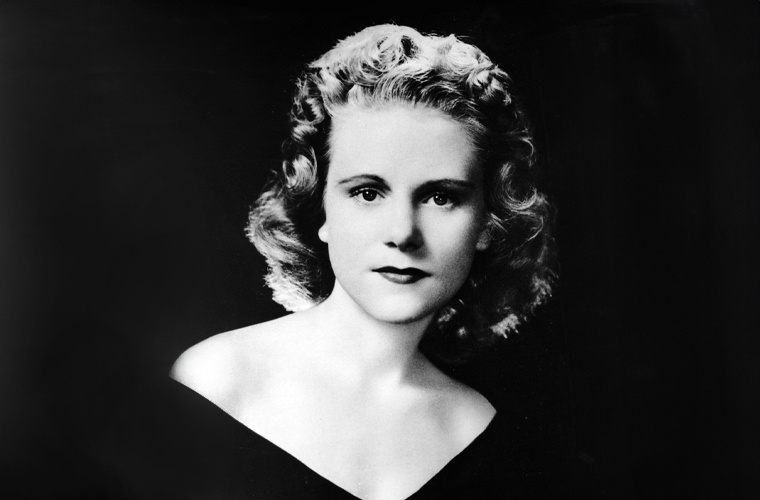Viola Liuzzo was an American civil rights activist who played a significant role in the fight for racial equality during the 1960s. Born in California in 1925, she grew up in a working-class family and developed a strong sense of justice and empathy for others from an early age. After marrying and starting a family, she became increasingly involved in the civil rights movement, particularly after witnessing the violence and discrimination faced by African Americans in the South.
In March 1965, Viola Liuzzo traveled to Selma, Alabama to participate in the historic march from Selma to Montgomery, led by Dr. Martin Luther King Jr. The march was a pivotal moment in the civil rights movement, drawing attention to the ongoing struggle for voting rights for African Americans. It was during this time that Viola Liuzzo’s life was tragically cut short when she was murdered by members of the Ku Klux Klan.
Her death sent shockwaves across the country and galvanized support for the civil rights movement. Viola Liuzzo’s sacrifice became a symbol of the ongoing fight for racial equality and justice, and her legacy continues to inspire activists and advocates to this day. In the years following her death, Viola Liuzzo’s bravery and commitment to justice have been recognized and honored. In 1965, she was posthumously awarded the Martin Luther King Jr. Medal of Freedom. Additionally, her story has been commemorated in various ways, including the naming of a scholarship in her honor and the dedication of a memorial highway in Michigan, where she had resided.






On May 3, 1965, the trial of Liuzzo’s killers began. One of the men in the car, Gary Thomas Rowe, Jr., was an FBI informant and thus was protected by the FBI. The three others were indicted on a state charge of murder and a federal charge of civil rights violation. The all-white jury could not come to a decision and a mistrial was declared. The second trial began in October. The defense attorney attacked the credibility of the informant, Rowe, stating that he fabricated information. The men were found not guilty of murder. In the federal trial, the defendants were found guilty of conspiracy to violate the civil rights of Liuzzo and were sentenced to ten years in prison, a landmark in Southern legal history.
In 1978, investigations revealed that Rowe, the FBI informant, may have been involved in the bombing of a church in 1963 where four black girls were killed. In November of 1978, a grand jury indicted Rowe for the murder of Liuzzo, but he fought the extradition proceedings against him. In 1980, an FBI file revealed that Rowe had clubbed Freedom Riders and that the FBI had paid his medical bills and given him a $125 bonus. The Liuzzo children sued the FBI for $2 million, blaming Rowe and the FBI for the murder. A federal judge blocked Rowe’s extradition to Alabama. In Ann Arbor, Michigan, the Liuzzos got Rowe into court, but the judge threw out the case and ordered the family to pay back the government $80,000 in court costs. The family appealed and the fine was voided.
Difficulties in obtaining FBI files in the Liuzzo case led to a strengthening of the Freedom of Information Act. Playboy magazine sued the Department of Justice to gain access to the task force report on Gary Thomas Rowe, Jr. It took two and a half years of legal wrangling before Judge Norma Holloway Johnson ordered the report turned over to Playboy. The lengthy court battle ended in a landmark decision that endorsed the public’s right to know.
Viola Liuzzo’s life and legacy serve as a reminder of the courage and determination of those who have fought for civil rights and social justice. Her story is a testament to the power of individuals to make a difference and stand up for what is right, even in the face of danger and adversity. As we reflect on her contributions, we are reminded of the ongoing work that is needed to create a more just and equitable society for all.

